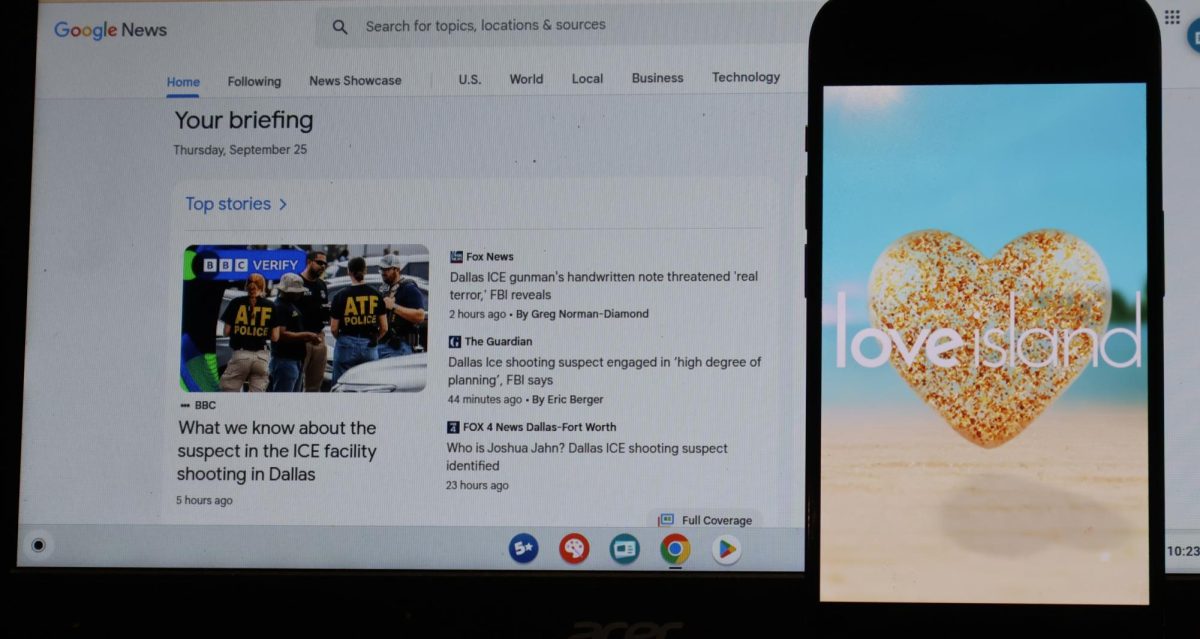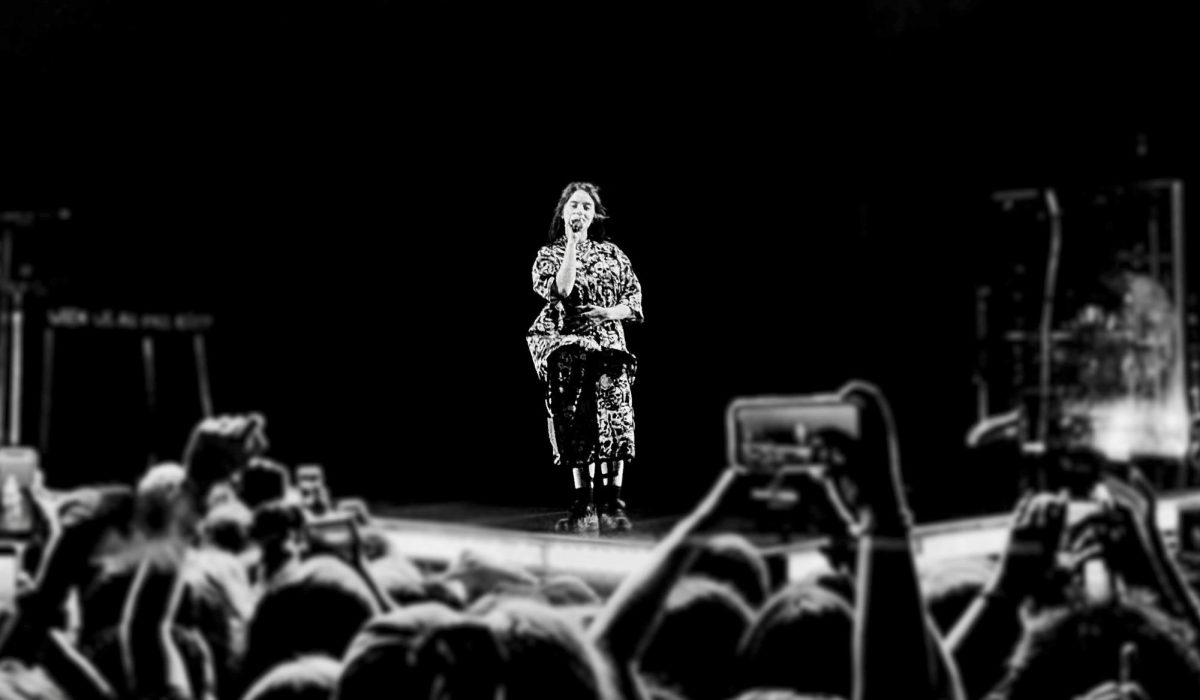Let’s set the scene: it’s 2018. New trends are popping up everyday, most particularly a trend titled “the Tide Pod challenge.” The Tide Pod challenge was a trend where one would record themselves consuming a Tide Pod and encourage their viewers to do the same. In response, the Tide Pod company created locks on their products. Additionally, to help stop this world-wide trend, stores locked Tide Pods in cabinets that only store employees could open.
It’s not Tide Pods to blame, it’s the social media influencers. Social media isn’t negatively impactful on its own, it’s instead the social media influencers who have had remarkably negative influences on the world, particularly with younger generations. From creating dangerous health trends, such as the Tide Pod challenge, to promoting unrealistic lifestyles, influencers abuse their power and take advantage of their viewers.
A common problem I can see nowadays are influencers who parade their extravagant lifestyles to their impressionable audience. Viewers look to social media as an attainable job, and that becoming a social media influencer can happen relatively quickly. Instead of working in the direction of a job that can secure a stable lifestyle, they see social media as a quick and easy career that can provide large sums of money. However, that success isn’t guaranteed. The reality of this situation is that only a fraction of regular people make it as an influencer, while the large majority of others are still chasing this unattainable dream.
The blame can’t primarily be put on just the influencers. Even users of social media in general negatively impact viewers’ ability to be free thinkers. They promote ideal lifestyles, trends, and opinions that viewers are envious of and want to replicate. Take brand-deals as an example. Followers sometimes can’t find a clear indication between brand deals and genuine opinions. This continues to affect independent thinking because viewers begin to base their interests and behavior on their favorite influencers. When viewers interact with these posts, they contribute to the promotion of these lifestyles, and in turn they are spread to even more people. By promoting these ideas, viewers shape what is modernly desirable, influencing both the thoughts and actions of other users of social media.
Unfortunately, the impact of social media doesn’t just stop at unrealistic views and causing users lack of free thinking. Social media has been linked to causing higher rates of mental health issues. In an article by Emeritus, followers attempting to live the influencer lifestyle faced mental challenges as they attempted to achieve unachievable goals. When viewers are unable to achieve this, they feel defeated and may face many different mental and physical health issues, like depression and eating disorders. This mostly affects the young female demographic as they are the group mainly affected by unrealistic beauty standards. Consequently, this leads individuals to experience feeling out of place among their peers, bullying, and negative self-perception.
However, not all social media influencers are bad. They can be very beneficial to viewers, such as educational influencers. For example, Amy Wang gives advice on a variety of topics, like how to improve your productivity in school. Influencers like Wang offer valuable resources and ideas that will promote a positive impact amongst her audience. An article by NLM suggests that viewers who watch productive videos feel more productive and create better, more positive habits. Content creators like Wang foster a more positive community, and show how easy it is to uplift and educate viewers, especially on online platforms.
Social media companies have the power to overshadow harmful trends to prevent them from happening, and should take advantage of that. This has been done in the past with platforms such as TikTok, who stopped trends like the “devious lick challenge” by deleting hashtags and content that were related. If this were to continue through other platforms, there would be a gradual increase in the physical and mental wellbeing of users.
The future of social media is in our hands, and has always been. When recognizing the impact we have, we can transform social media into something healthier for all of us.








Kimberley Rafferty • Dec 1, 2024 at
I found this to be very well written. It is very refreshing to see a youth today who can see both sides of this coin.